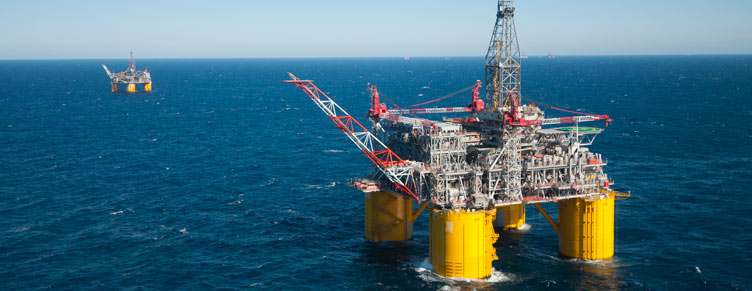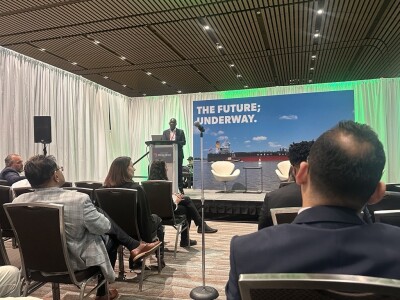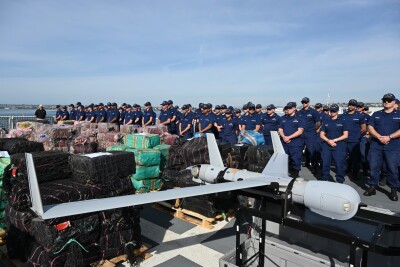Domestic offshore service vessel operators thought they were given a goodbye gift from the Obama administration when the U.S. Customs and Border Patrol announced they could rescind decisions going back 40 years that allowed foreign-flag vessels to carry oil and gas well equipment in U.S. waters.
But not so fast — a public comment period for the rule change has been extended by 60 days, from Feb. 17 to April 18. Last week, the International Marine Contractors Association and its members hailed CBP's decision to allow more time for comments.
“We understand the drive to protect U.S. tonnage given the difficulties in the PSV market today, but the deep-water construction market represents a very different sector with very different vessels and technologies,” said Allen Leatt, CEO of the UK-headquartered IMCA.
“It is a truly international market, as no single domestic market can support the heavy investments of these assets,” Leatt said in a prepared statement. “Consequently, there is a real risk to damaging the whole Gulf of Mexico market as the unintended consequences do not seem to have been thought through.”
U.S. industry advocates say a chain of decisions created exemptions to the Merchant Marine Act of 1920 that classed undersea oilfield components as “vessel equipment” rather than “merchandise” that the Jones Act requires to be carried on U.S. flagged and crewed vessels.
An economic analysis circulated by the Offshore Marine Service Association draws on Department of Commerce data to forecast the CBP move could create 3,200 jobs in Gulf of Mexico states, with $155 million in additional wages and $700 million in regional economic growth.
OMSA and others had been fighting this since the so-called Christmas tree case of 2009, which gets its name from the old-time oilmen’s nickname for multibranched well-valve assemblies. After a years-long campaign, they had appeared to swing Customs around to the view that Jones Act restrictions should apply.
U.S. domestic operators have seen the pushback coming, and OMSA says IMCA has yet to provide numbers backing up their claim that the Gulf market could be damaged. A summary of the OMSA report titled “Level Playing Field Initiative” by international law firm Mayer Brown says enough U.S.-flagged and -crewed PSVs are available to serve the Gulf — when offshore activity returns after an oil price recovery — with regional economic benefits.
“Specifically, the analysis estimates the benefits in terms of increased economic activity, jobs and wages in the region if foreign-flagged and -crewed vessels currently operating on the U.S. OCS were replaced by American vessels,” the report states. “American companies already have 28 vessels ready for operation on the OCS and this analysis assumes all 28 vessels are fully deployed.”
IMCA’s membership includes industry heavyweights like Halliburton, and the group could be aiming to exploit politics in both Washington and the energy industry to derail the Jones Act rule changes.
“The CBP’s proposals were made in the final two days of the Obama administration,” Leatt said. “The Trump administration has called for a freeze pending a review of all regulatory initiatives. Equally it is well known that President Trump is ambitious for the U.S. to increase domestic oil and gas production. These proposals seem to run contrary to both objectives.”





